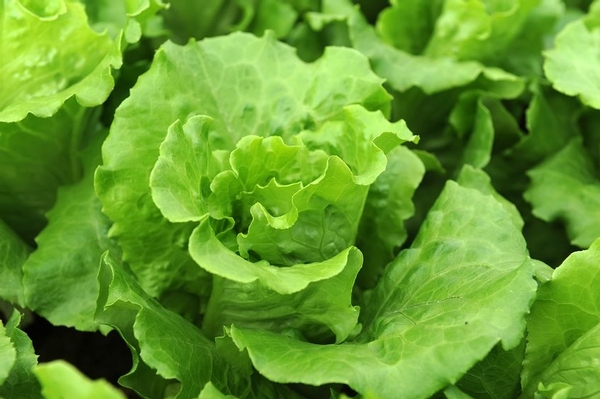The Centers for Disease Control and Prevention and the U.S. Food and Drug Administration are still in the midst of investigating a multistate outbreak of Shiga toxin-producing E. coli O157:H7 infections (STEC O157:H7). In November and December, at least 17 consumers in 13 states were affected.
A similar outbreak in Canada is--already confirmed there to be caused by romaine lettuce--is also being investigated by the Public Health Agency of Canada. Whether the source of contamination is a farm, distribution warehouse or other location has yet to be determined. Officials are using whole genome sequencing in an effort to possibly confirm whether or not the U.S. and Canadian outbreaks are in fact linked. Thus far, according to CDC, preliminary results show that the type of E. coli making people sick in both countries is closely related genetically, meaning the ill people are more likely to share a common source of infection.
The difference in the U.S., though, some of the sickened individuals have said they did not eat romaine lettuce prior to falling ill. Since no specific food commodity has been identified in the U.S. outbreak, CDC cannot yet recommend that consumers avoid any particular food or product. Still, although no new cases have emerged since December, that does not necessarily mean the outbreak is over.
The investigation is ongoing.
Sign up for Food Safety Magazine’s bi-weekly emails!
Subscribe to our podcast: Food Safety Matters!




